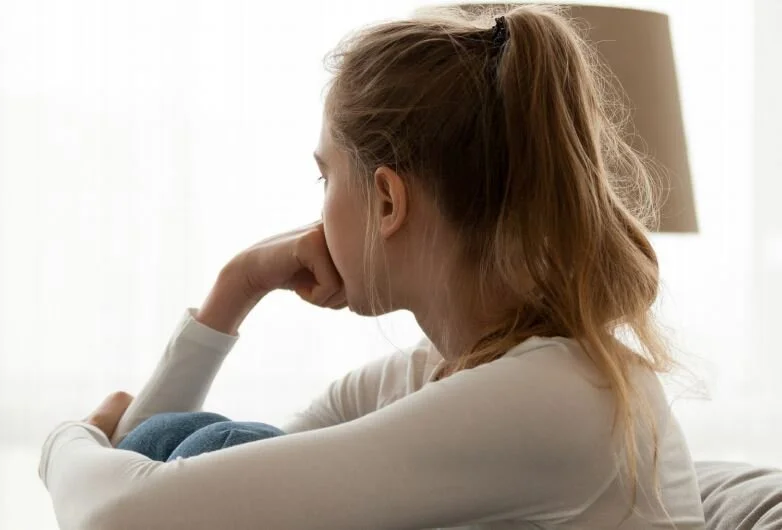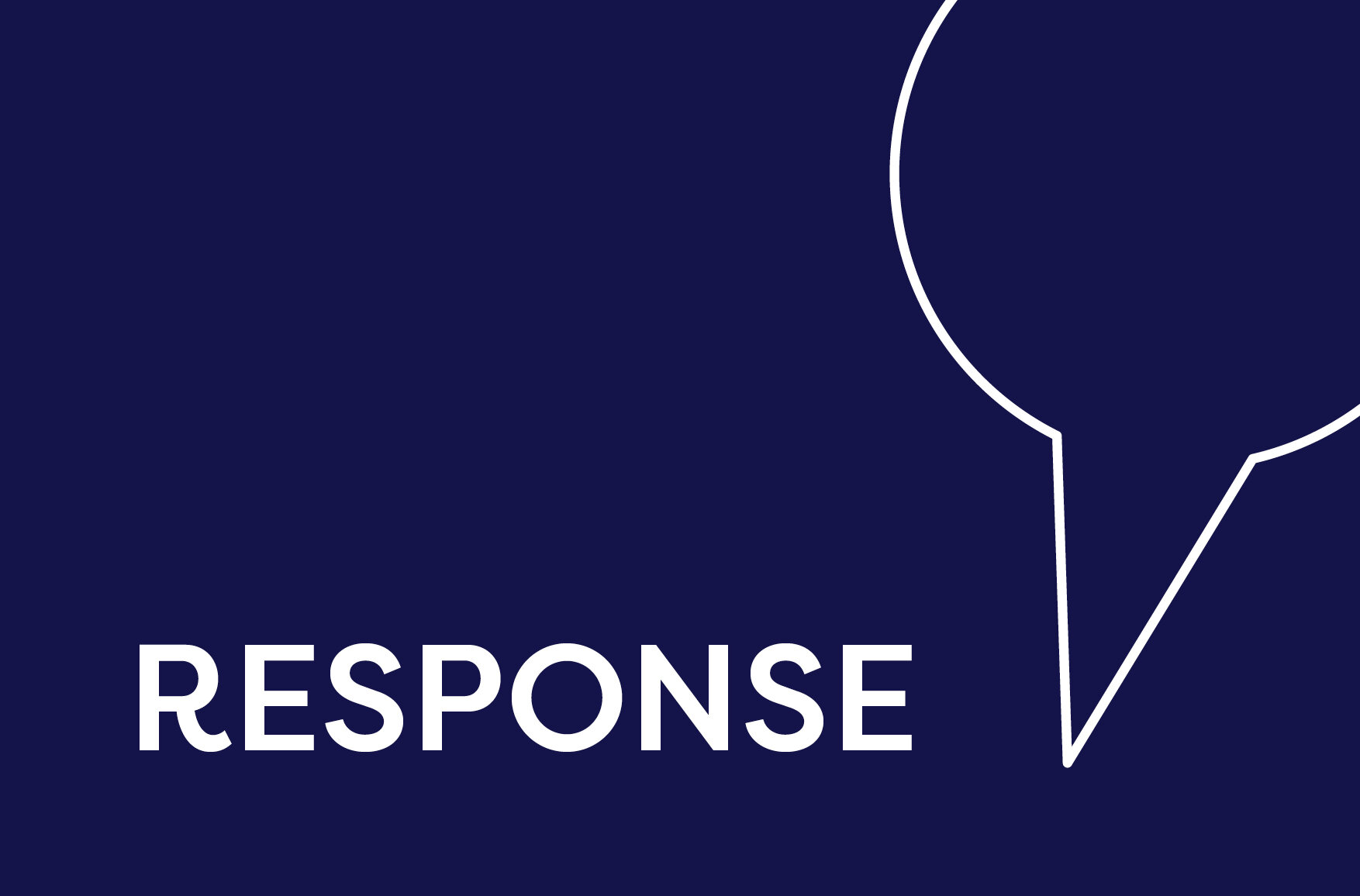AYJ NEWS
Show me content filtered by:
Popular Tags
- AYJ Comment 26
- AYJ Explains 11
- AYJ Meetings and Events 14
- AYJ Monthly Newsletter 27
- Ensuring custody is a last resort 34
- Impact of COVID-19 Project 23
- Keeping children safe 2
- Our Board 6
- Our Members 8
- Our Story 8
- Our Team 10
- Partnerships 20
- Racial disparity 20
- Reframing Violence 14
- Rethinking Policing 12
- Strategy 2
- Transitions project 9
- Young Advocates 20
- Young Womens Justice Project 14
Month
- November 2024 1
- October 2024 2
- September 2024 2
- August 2024 1
- July 2024 1
- June 2024 1
- May 2024 1
- April 2024 5
- March 2024 2
- February 2024 4
- January 2024 5
- November 2023 7
- October 2023 3
- August 2023 3
- July 2023 3
- June 2023 5
- May 2023 4
- April 2023 6
- March 2023 3
- February 2023 4
- January 2023 3
- December 2022 5
- November 2022 3
- October 2022 3
- September 2022 5
- August 2022 3
- July 2022 7
- June 2022 3
- May 2022 4
- April 2022 5
- March 2022 10
- February 2022 10
- January 2022 2
- December 2021 4
- November 2021 3
- October 2021 4
- September 2021 8
- August 2021 3
- July 2021 21
- June 2021 5
- May 2021 5
- April 2021 10
- March 2021 7
- February 2021 12
- January 2021 3
- December 2020 1
- November 2020 4
- October 2020 1
- September 2020 3
- August 2020 1
- July 2020 2
- June 2020 1
- May 2020 1
- April 2020 1
- October 2019 1
- September 2019 1
- July 2019 1
- June 2019 2
- May 2019 1
- April 2019 1
- April 2018 1
- October 2017 2
- February 2017 1
- May 2014 1
AYJ Response: Police, Crime, Sentencing and Courts Bill - Committee Stage Briefing
The Police, Crime, Sentencing and Courts (PCSC) Bill, currently at Committee Stage in the House of Commons, introduces a whole host of provisions with a range of impacts across the youth justice system. Our Committee Stage briefing examines the proposals.
Falling Through the Gaps: Young Women’s Justice Project Briefing
Falling Through the Gaps sets out the policy context and key findings of young women’s experiences as they turn 18 and move from the youth to adult justice system, as well as experiencing changes in other kinds of provision, including mental health support, accommodation, reduced safeguarding responses and leaving care.
AYJ Response: Police, Crime, Sentencing and Courts Bill - implications for children and the youth justice system
AYJ responds to the Police, Crime, Sentencing and Courts (PCSC) Bill, introduced to the House of Commons on 9th March 2021 and due to have its second reading on 15th and 16th March 2021.
Young Women’s Justice Project Literature Review
Along with Agenda, the alliance for women and girls at risk, we are publishing our literature review as part of the Young Women’s Justice Project which shines a light on the experiences of young women aged 17–25 years old in contact with the criminal justice system, including the experiences of girls transitioning into adult services as they turn 18.
Response: Sentencing White Paper: Reform of childhood criminal records
The Government’s sentencing white paper outlines plans to reform the criminal records system. While we warmly welcome these reforms, we believe we can and should go further for children, and are calling on the Government to conduct a wide ranging review of the system to ensure it is child-specific and better reflects the nature of childhood offending.
Response: Sentencing White Paper: Reducing the number of children remanded to custody
The Government’s sentencing white paper sets out proposals for reform of the legislation governing remand to custody for children. We support the decision to revisit the threshold for the remand of children into custody, particularly given the Government’s stated aim that remand to custody should be used only as a last resort for children.
Response: Consultation on Serious Violence Reduction Orders (SVROs)
We welcome the opportunity to respond to the Home Office consultation on Serious Violence Reduction Orders (SVROs). We consulted widely with our members to ensure that the breadth and depth of their expertise informs our submission to the consultation.
Childhood criminal records: Undermining positive developments across youth justice
Welcome developments in youth justice are being undermined by the current childhood criminal records system, strengthening the timely call for a widespread review. Criminal records are so clearly intertwined with a range of further issues in the wider criminal justice system and are actively impeding the efforts of government and civil society to tackle pressing issues like racial disparity and addressing the impact of violence and exploitation.
Ensuring custody is the last resort for children in England and Wales
We are proud to publish a new report, Ensuring custody is the last resort for children in England and Wales. Developed with an expert group of our members, we recommend that custody should only ever be used as a last resort for children is enshrined in domestic law and international human rights conventions, but is not currently applied as such.
Coronavirus: Issues and recommendations for children and young people
In this unprecedented public health emergency, our members and stakeholders are working intensively through the many challenges posed by the COVID-19 pandemic. There will be implications for all children and young people in our communities, particular challenges for those in the youth justice system, and exceptionally critical risks for children in custody. Over the past few weeks, we have been working with our members to gather information and insight, enabling us to highlight issues and make practical suggestions.
Response: Justice Select Committee inquiry on children in custody
We responded to the Justice Select Committee inquiry into children and young people in custody. Our response covers a range of topics including custody as a last resort; Black Asian and Minority Ethnic (BAME) children in custody; the harm of the secure estate; staffing; restraint; placements; and resettlement.
Response: Consultation on Knife Crime Prevention Orders (KCPOs) guidance
We welcome the opportunity to respond to the Home Office consultation on the Knife Crime Prevention Order (KCPO) guidance. We worked closely with the Prison Reform Trust (PRT) during the parliamentary stages of the Offensive Weapons Bill to assist parliamentarians on scrutiny of the bill’s provisions. Our work helped to secure the consultation on the guidance on KCPOs as well as the piloting of KCPOs, with a report on the pilot to be laid before Parliament prior to the further roll out of the orders.
Response: Labour and Liberal Democrat criminal justice policy reviews
Both the Labour Party and Liberal Democrats have recently consulted on their criminal justice policy. We responded to the consultations setting out our position and recommendations around priority areas of the youth justice system.
Statement: A call to end the use of pain-inducing techniques in the children’s secure estate
We have held longstanding opposition, as a point of principle, to the deliberate infliction of pain on children as part of any system of restraint. We have submitted a statement to Charlie Taylor’s independent review of pain-inducing restraint, urging the Ministry of Justice and the Youth Custody Service to prohibit the use of pain-inducing techniques on children and across child custody as a whole. We join a wide range of bodies and organisations that have called for a ban.
Our position on the response to serious violence
Violence is the product of multiple, complex and deep-rooted issues within society, it is not inevitable. From our research, it is clear that various government policies over the last decade have exacerbated many of the root causes of children becoming affected by, or involved in, serious violence. In this paper we explain our position and recommendations for the Government response to serious violence.
Response: Home Office consultation on new legal duty to support a multi-agency approach to preventing and tackling serious violence
We have responded to the Home Office consultation on a new legal duty to support a multi-agency approach to preventing and tackling serious violence. We support a public health approach to tackling serious violence which seeks to address its root causes and welcome the government’s acknowledgement of the need to shift focus from a punitive response towards a multi-agency, more preventative approach. We welcome the intention to encourage organisations to share information, data and intelligence, and work in concert rather than isolation to identify children at risk as early as possible.
Response: Justice Select Committee inquiry on court reform
We have responded to the Justice Select Committee inquiry into the Access to Justice impacts of courts and tribunals reform. Our response focuses on the HMCTS Reform Programme in the criminal courts as it affects child defendants, especially on the use of video links and online pleas.
“They just don’t understand what’s happened or why”: A report on child defendants and video links
We have published a report which suggests the rights of child defendants to a fair trial are being compromised by the government’s drive to use video links in court hearings. It is believed to be cheaper to have an under-18-year-old defendant take part in a court hearing from prison than it is to transport them to court. The child may say they prefer it to travelling for hours in a prison van too. But the reality is that children accused of crimes already struggle to understand what is happening in court when they are there in person, not least because so many have communication difficulties. Video link makes this problem worse.
Growing up, Moving On: The international treatment of childhood criminal records
The childhood criminal records system in England and Wales anchors children to their past and prevents them moving on from their mistakes. Our research presented in this report shows that the system in England and Wales is far more punitive than those in comparable jurisdictions; children in England and Wales are more likely to receive a criminal record, and the effect of that record is more profound and lasts longer than in other jurisdictions.
Growing Up, Moving On: A report on the childhood criminal records system in England and Wales
The childhood criminal records system in England and Wales anchors children to their past and prevents them moving on from their mistakes. There’s evidence to show that the system acts as a barrier to employment, education and housing. These are important factors in preventing reoffending, so by blocking access to them, the criminal records system works against rehabilitation and thus the aims of the youth justice system. Worryingly, the system also perpetuates inequalities in the justice system, for instance among children in care and Black, Asian and Minority Ethnic children.





















